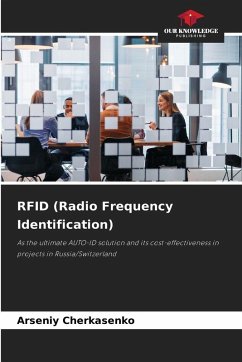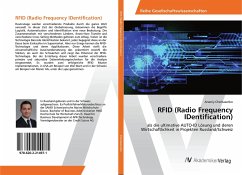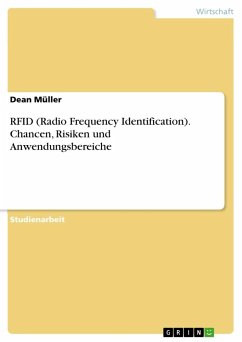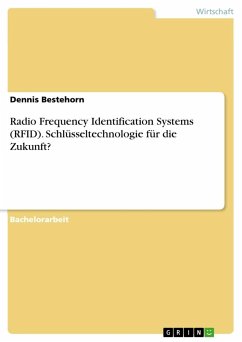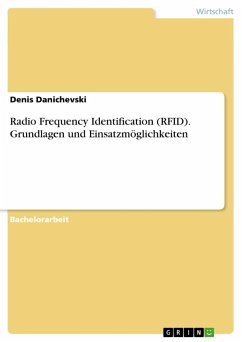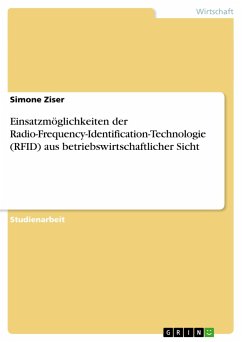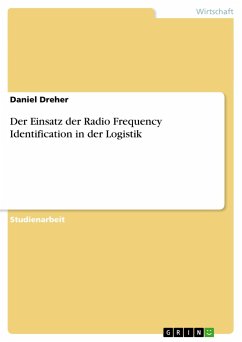Nowadays, a wide variety of products are shipped all over the world. In this age of globalisation, terms such as logistics, automation and identification are taking on new meaning. Collaboration with different countries, knowledge transfer and various cross-selling methods are part of everyday life. Many people are familiar with barcode identification technology, which they encounter at the checkout when shopping in the supermarket. However, only a few are familiar with RFID technology and its applications. This thesis presents a scientific analysis, highlighting both the strengths and weaknesses of RFID technology and demonstrating its potential. Various primary and secondary data collection techniques were used for the analysis. Two successful RFID sample implementations were examined in detail, one in the USA at Wal-Mart and the other in Switzerland at Manor AG.
Bitte wählen Sie Ihr Anliegen aus.
Rechnungen
Retourenschein anfordern
Bestellstatus
Storno

